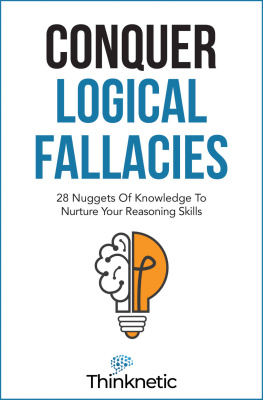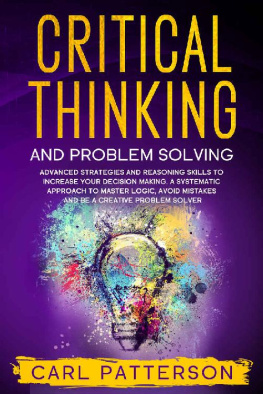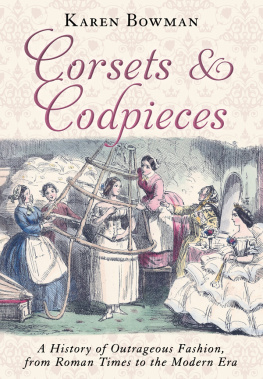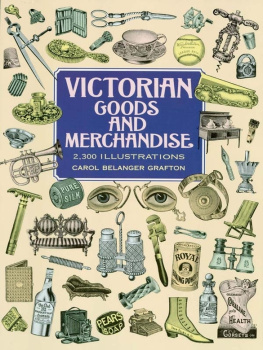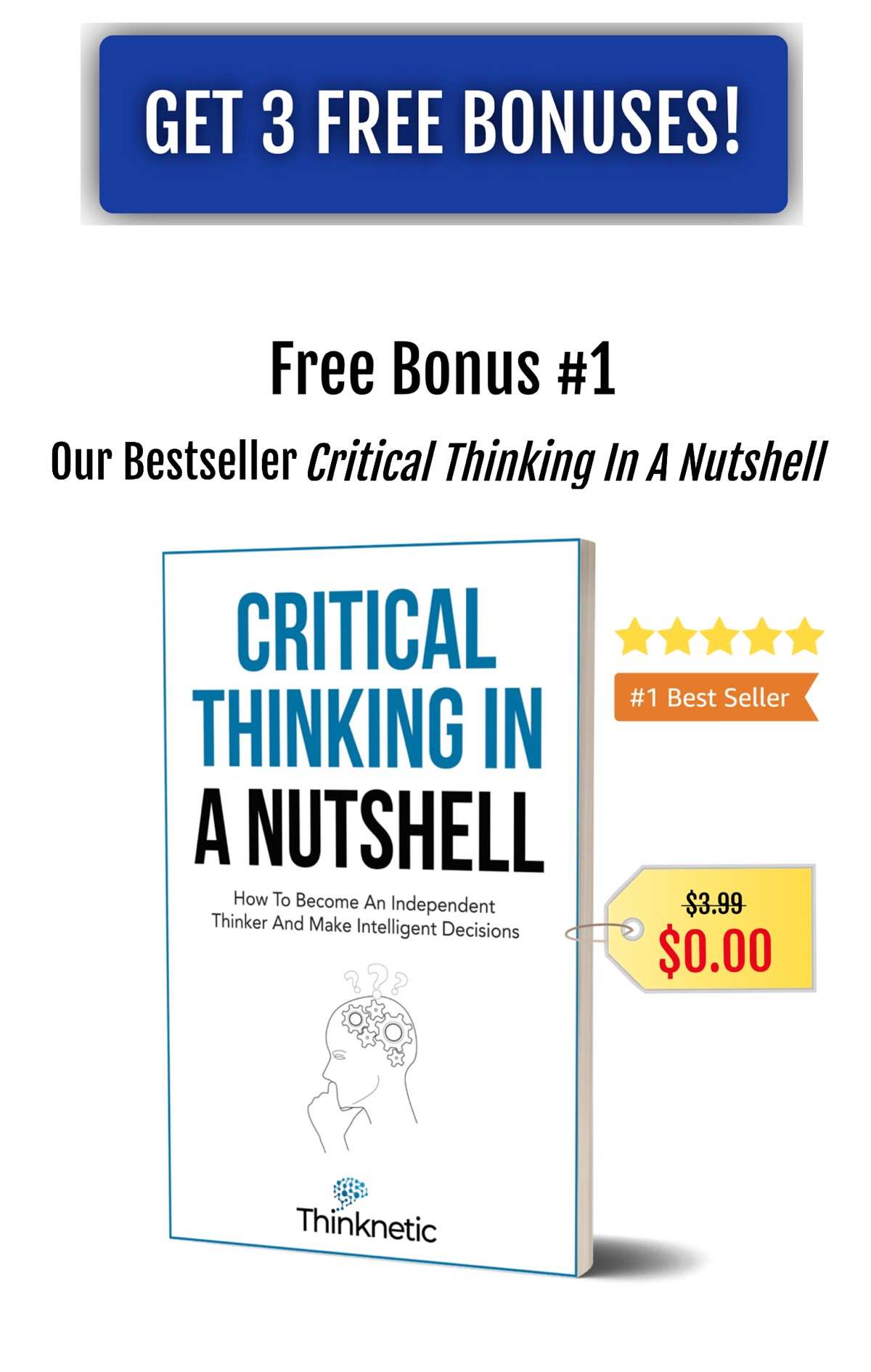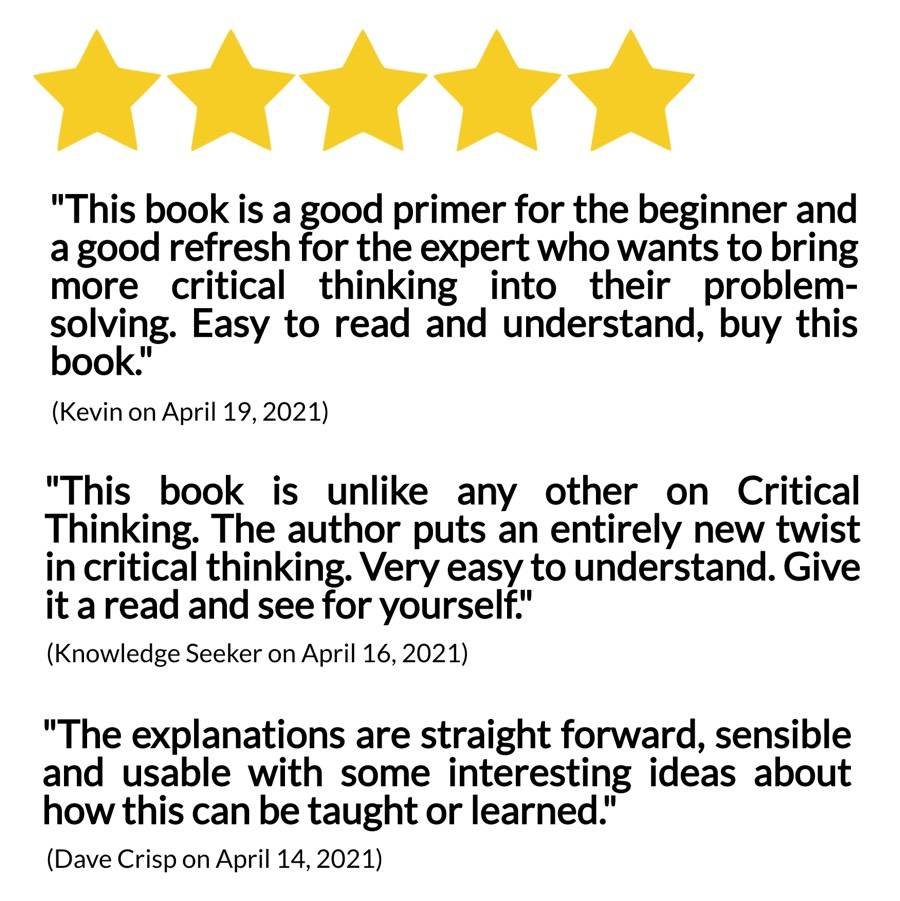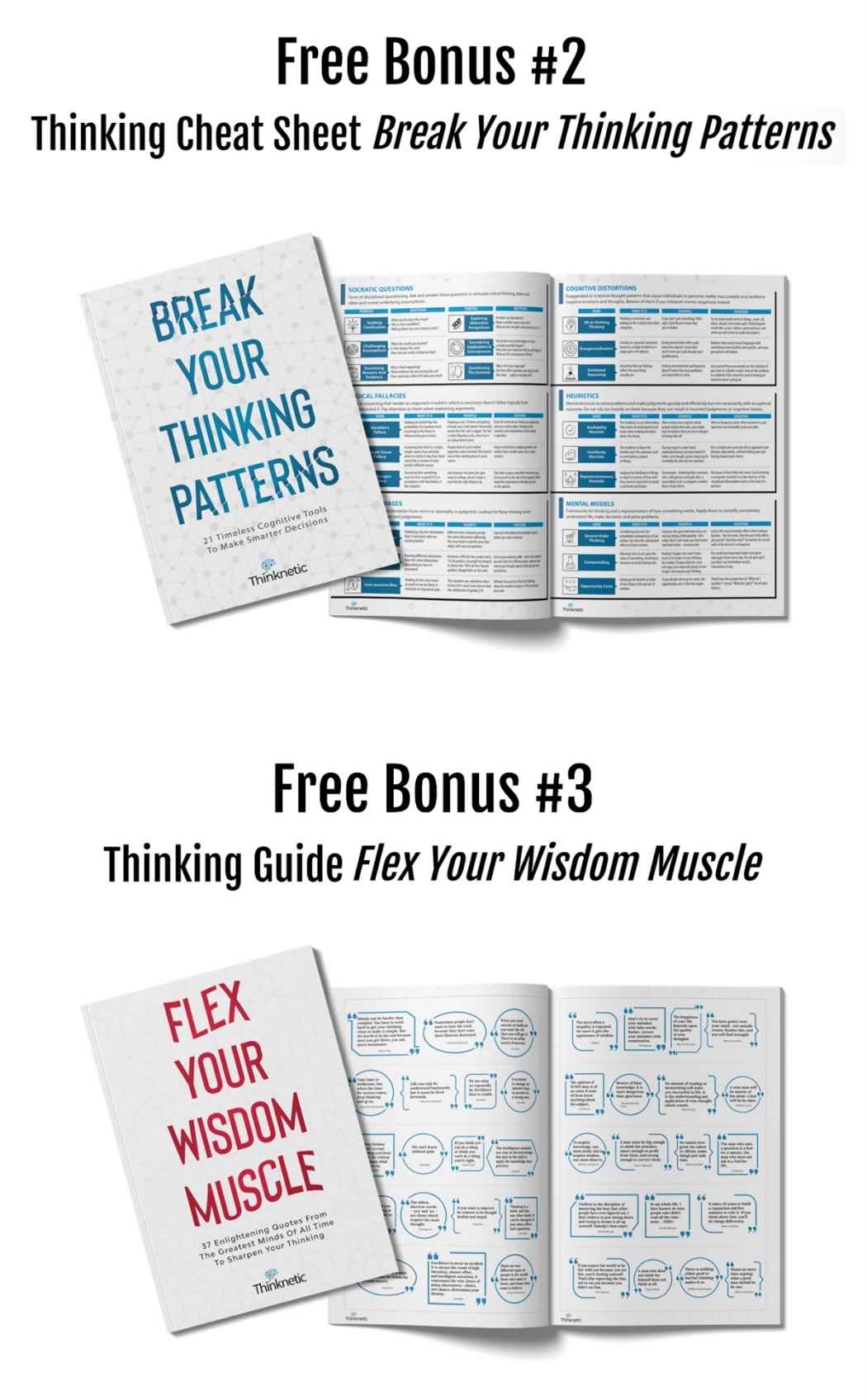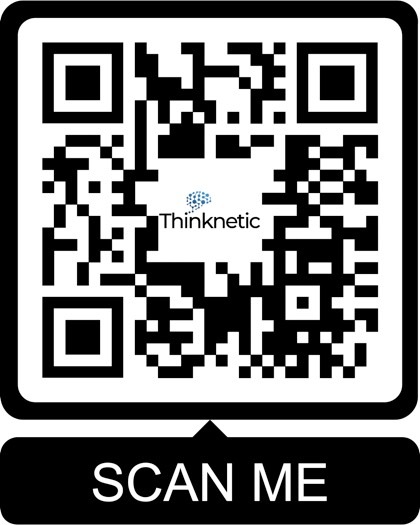Thinknetic - Conquer Logical Fallacies: 28 Nuggets Of Knowledge To Nurture Your Reasoning Skills (Critical Thinking & Logic Mastery)
Here you can read online Thinknetic - Conquer Logical Fallacies: 28 Nuggets Of Knowledge To Nurture Your Reasoning Skills (Critical Thinking & Logic Mastery) full text of the book (entire story) in english for free. Download pdf and epub, get meaning, cover and reviews about this ebook. genre: Children. Description of the work, (preface) as well as reviews are available. Best literature library LitArk.com created for fans of good reading and offers a wide selection of genres:
Romance novel
Science fiction
Adventure
Detective
Science
History
Home and family
Prose
Art
Politics
Computer
Non-fiction
Religion
Business
Children
Humor
Choose a favorite category and find really read worthwhile books. Enjoy immersion in the world of imagination, feel the emotions of the characters or learn something new for yourself, make an fascinating discovery.
- Book:Conquer Logical Fallacies: 28 Nuggets Of Knowledge To Nurture Your Reasoning Skills (Critical Thinking & Logic Mastery)
- Author:
- Genre:
- Rating:5 / 5
- Favourites:Add to favourites
- Your mark:
Conquer Logical Fallacies: 28 Nuggets Of Knowledge To Nurture Your Reasoning Skills (Critical Thinking & Logic Mastery): summary, description and annotation
We offer to read an annotation, description, summary or preface (depends on what the author of the book "Conquer Logical Fallacies: 28 Nuggets Of Knowledge To Nurture Your Reasoning Skills (Critical Thinking & Logic Mastery)" wrote himself). If you haven't found the necessary information about the book — write in the comments, we will try to find it.
Why do employers judge candidates on the first impression they make, even though they know its wrong and often misleading?
Why do people smoke, drink to excess, and eat things they know are bad for them?
How do normally intelligent people wind up believing fake news stories?
To find out, lets take a trip back in time to Victorian England.
A famous story from the Victorian days is that women had to wear corsets. Its debated how commonplace corsets actually were, but they squeezed a womans body like a snake - making the waist look smaller.
Corsets worked - but they were so tight, they caused internal damage to women. They also caused a womans lower back to atrophy.
In fact, corsets were so restricting that women often fainted wearing them!
But heres the kicker
Fainting from wearing a corset was actually considered to be a good thing! It was thought to be a sign of good breeding.
Or so the story goes.
Historians debate how often corsets were actually used. But theyre a testament to the power of a cognitive fallacy.
Poor reasoning, inability to tell facts from fiction and flawed decision-making cause these kinds of fallacies.
Theyre the reason most people never live up to their potential.
Even the smartest people in the world are prone to unconscious bias. A Nature.com study in 2015 (First results from psychologys largest reproducibility test) examined over 100 psychology studies to see if they could be reproduced.
Only around a third of the studies could be replicated! Researchers found a full two-thirds of the studies had been skewed by errors or unconscious biases. They couldnt be trusted.
Its not that most people are stupid; they just dont know how to see biases and fallacies.
Thats why we wrote this book. Inside, youll find:
- The false beliefs that led to Aztec human sacrifice, and how theyre STILL common today
- The ultra common fallacy youve probably already been exposed to in your DARE class
- The easy-to-follow five basics steps of critical thinking. Apply them and youll make every decision with confidence!
- Rats spread pestilence and plague - but in India, a Temple of Rats was constructed because of this false belief
- How to make yourself dumb because smarter people are HARDER to teach!
- Why you should be skeptical of anyone quoting an authority figure
- Historic Islamic banking projects, and what they can teach you about false logic
- Why the supersonic Concorde jet flew so long - even though it was a MASSIVE money loser!
...and much, much more!
Conquer Logical Fallacies explains the major cognitive biases and fallacies people encounter.
It goes over arguments and how to tell facts from fiction.
You might be thinking Do I really need this?
If you want to build stronger arguments, make more confident decisions, and spot logical errors - then yes.
If you have to work with a wide range of other people or analyze information, youll find this book INVALUABLE.
And you might be stunned by how many false biases youre already carrying around. They bleed into your professional and personal life.
Do you want to have confidence in your decisions?
Then grab this book and upgrade your brain. Scroll up and click Add to Cart.Thinknetic: author's other books
Who wrote Conquer Logical Fallacies: 28 Nuggets Of Knowledge To Nurture Your Reasoning Skills (Critical Thinking & Logic Mastery)? Find out the surname, the name of the author of the book and a list of all author's works by series.

